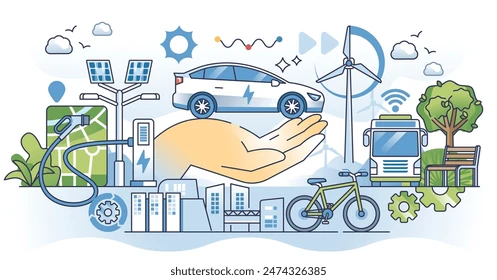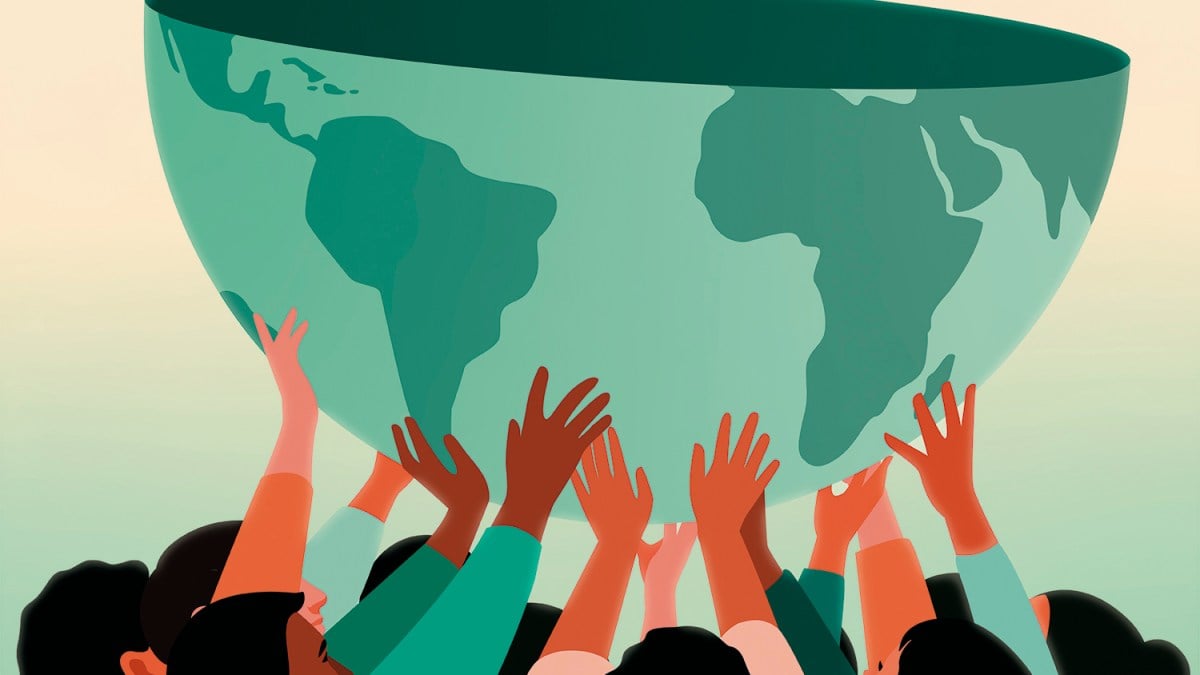Eco-Conscious Living: How Gulf Residents Are Going Green
In recent years, the Gulf Cooperation Council (GCC) countries—comprising the UAE, Saudi Arabia, Qatar, Oman, Bahrain, and Kuwait—have witnessed a significant shift towards eco-conscious living. Residents across the region are increasingly adopting sustainable practices, driven by a growing awareness of environmental issues and a desire to contribute to a greener future.
1. Sustainable Urban Developments
Cities like Dubai and Abu Dhabi are leading the way with eco-friendly communities. The Sustainable City in Dubai, for instance, is a fully integrated community designed to minimize environmental impact. With solar-powered buildings, waste-to-energy systems, and extensive green spaces, it’s a pioneering model for sustainable living. Similarly, Masdar City in Abu Dhabi aims to be a model for sustainable urban living, combining renewable energy, green building practices, and advanced technology .
2. Green Building Certifications

The demand for sustainable housing is on the rise. In response, developers are increasingly seeking green building certifications such as LEED (Leadership in Energy and Environmental Design) and Estidama Pearl Rating System. These certifications ensure that buildings have the least possible negative environmental impact by emphasizing water conservation, energy efficiency, and the use of sustainable materials .
3. Renewable Energy Adoption
Residents are embracing renewable energy solutions, particularly solar power. The UAE’s Mohammed bin Rashid Al Maktoum Solar Park, the world’s largest renewable energy project based on an independent power producer (IPP) model, aims to produce 5,000 MW by 2030 entirely from renewable energy sources. This initiative is part of the country’s broader strategy to reduce carbon emissions and promote sustainable energy practices .
4. Water Conservation Initiatives
Water scarcity is a pressing issue in the Gulf region. To address this, residents are adopting water-saving technologies and practices. The use of water-efficient appliances, rainwater harvesting systems, and greywater recycling are becoming common in households. Additionally, public awareness campaigns are educating residents about the importance of water conservation and encouraging responsible usage.
5. Sustainable Transportation

With the growing concern over carbon emissions, there is a shift towards sustainable transportation options. Electric vehicles (EVs) are gaining popularity, supported by the expansion of EV charging infrastructure across the region. Additionally, initiatives promoting cycling and the use of public transportation are being implemented to reduce reliance on private cars and decrease traffic congestion.
6. Eco-Friendly Retail Practices
Consumers are increasingly demanding sustainable products. In the UAE, there has been a 35% surge in orders for eco-friendly, locally sourced brands over the past year. This shift reflects a broader trend towards sustainable consumption, with shoppers favoring products that are environmentally friendly and ethically produced .
7. Green Tourism Initiatives
The tourism sector in the Gulf is also embracing sustainability. Eco-friendly hotels, sustainable attractions, and conservation efforts are becoming more prevalent. For example, in Abu Dhabi, Masdar City offers visitors the opportunity to explore a zero-carbon, zero-waste community, showcasing sustainable urban development. Similarly, in Qatar, the Al Thakira Mangroves are being preserved as a nature reserve, offering eco-friendly tours to educate visitors about the importance of these ecosystems .
Conclusion
The shift towards eco-conscious living in the Gulf region is not just a trend but a movement towards a sustainable future. Residents are increasingly aware of their environmental impact and are taking proactive steps to reduce it. From adopting renewable energy solutions to supporting sustainable retail practices, the GCC is setting a commendable example of how communities can come together to embrace sustainability. As these practices continue to evolve, the region is poised to lead in environmental stewardship, offering a model for other parts of the world to follow.
This transformation signifies a broader cultural shift towards valuing sustainability alongside convenience and luxury. While the region has long been associated with opulence and rapid development, the growing emphasis on eco-conscious living reflects a collective desire to harmonize modern lifestyles with environmental responsibility. As GCC residents continue to prioritize sustainability in their daily lives, they are not only contributing to the well-being of their communities but also setting a precedent for future generations.



